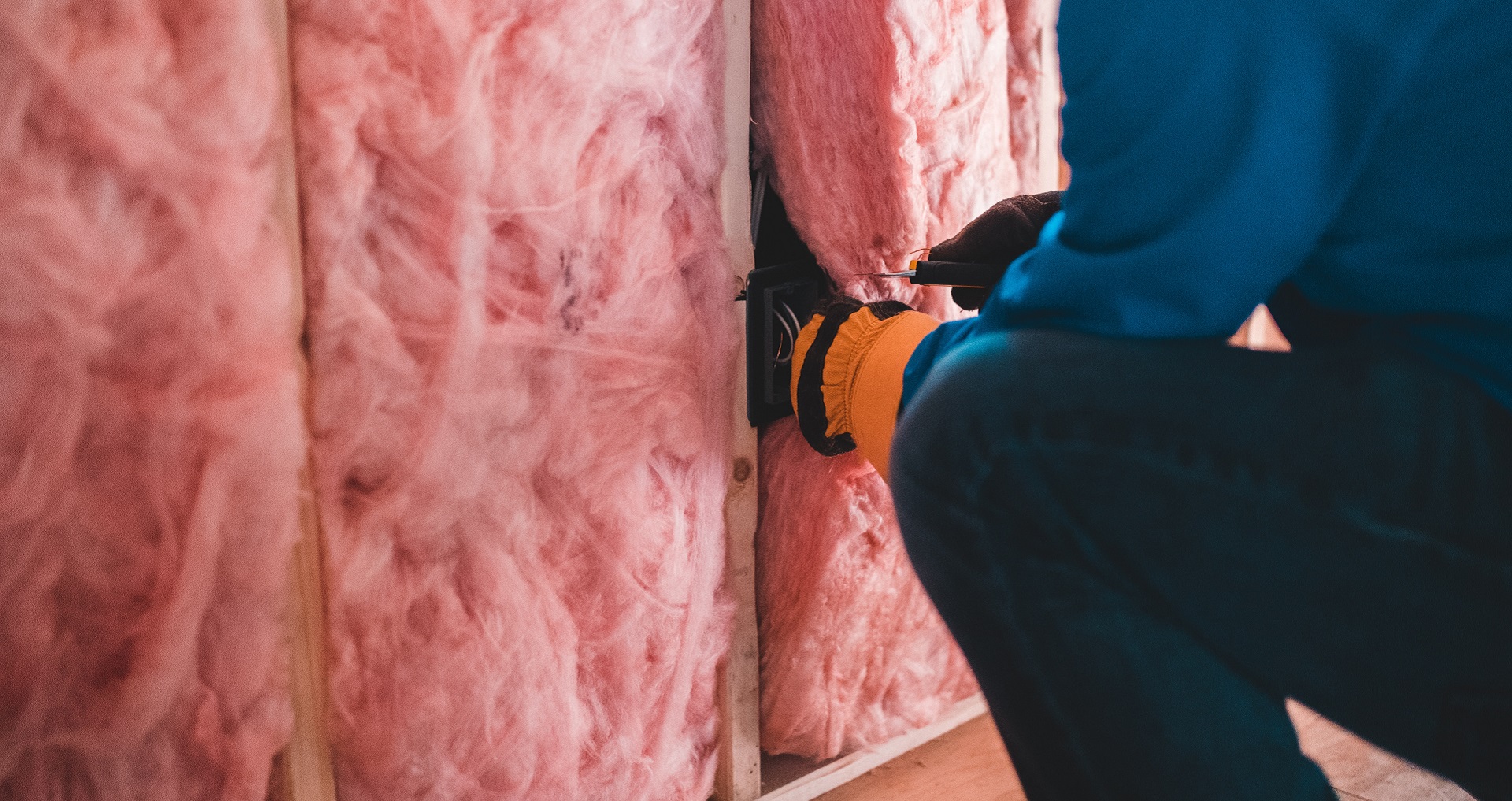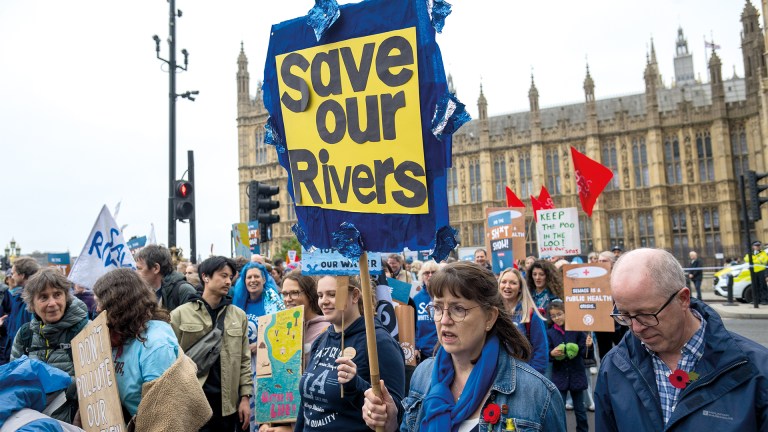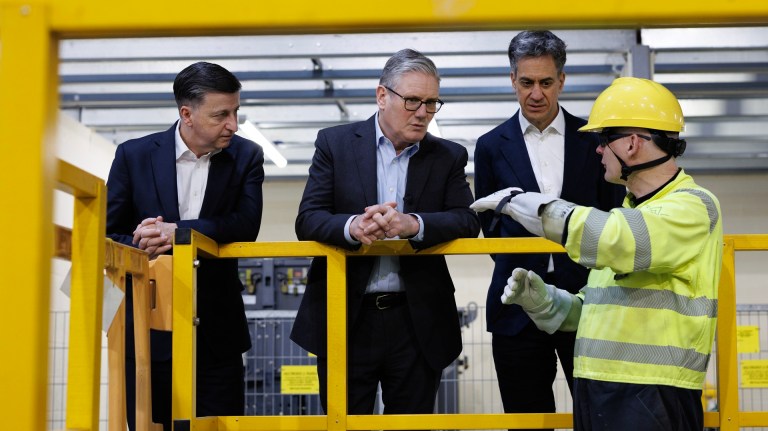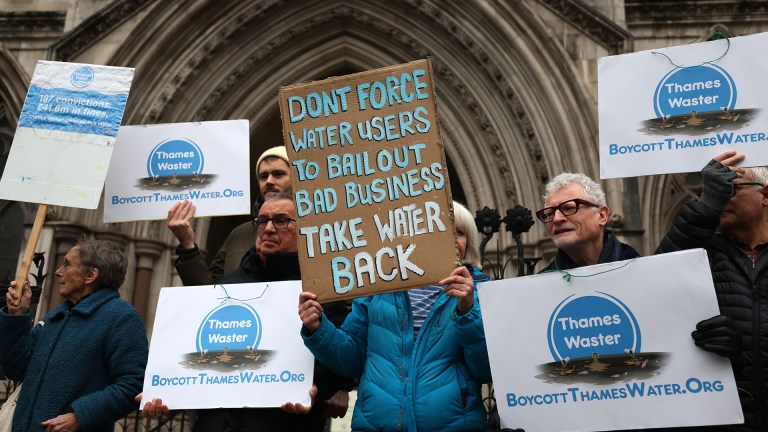The poorest households in England are paying an extra £250 a year on energy bills during the cost of living crisis as poor insulation is leaving them with leaky homes.
A total of £770million a year is being wasted through poorly insulated walls, roofs and windows, according to new research from the Local Government Association (LGA).
The LGA found two million households in fuel poverty will need additional support to improve insulation to reach the Energy Performance rating C (EPC) by 2030. The UK government has committed to retrofitting 3.1 million homes to reach that standard in the next next eight years – the equivalent of 900 homes per day.
Labour’s shadow climate change secretary Ed Miliband said slow progress on insulating houses is hurting families.
“If this government were serious about cutting energy bills, it could start right now, insulating two million homes this year in order to cut bills, cut imports, and cut emissions. But they are not on working people’s side,” said Miliband.
“Labour would give councils the resources they need to deliver the retrofit revolution in their areas. Only Labour can deliver the real long-term plan families need to tackle the cost-of-living crisis.”





